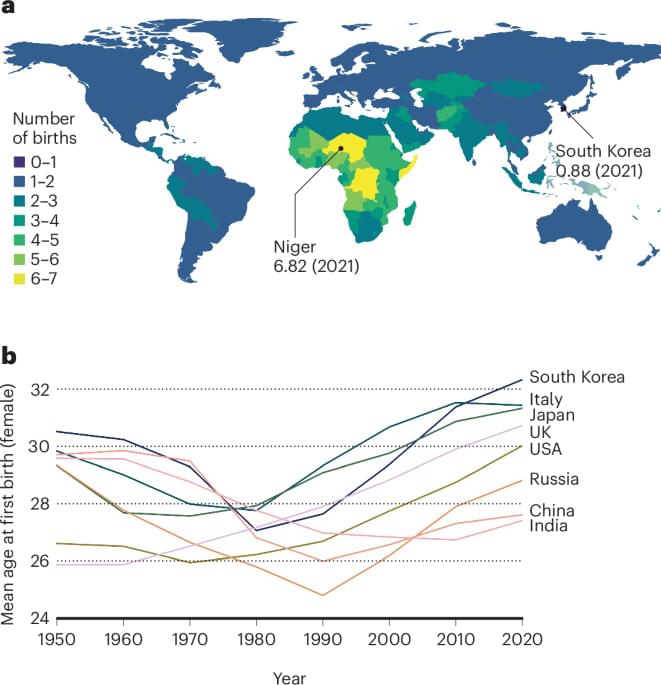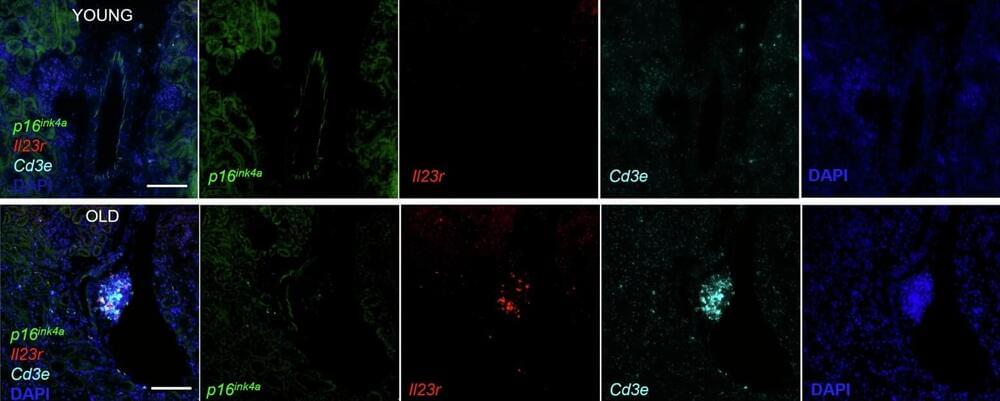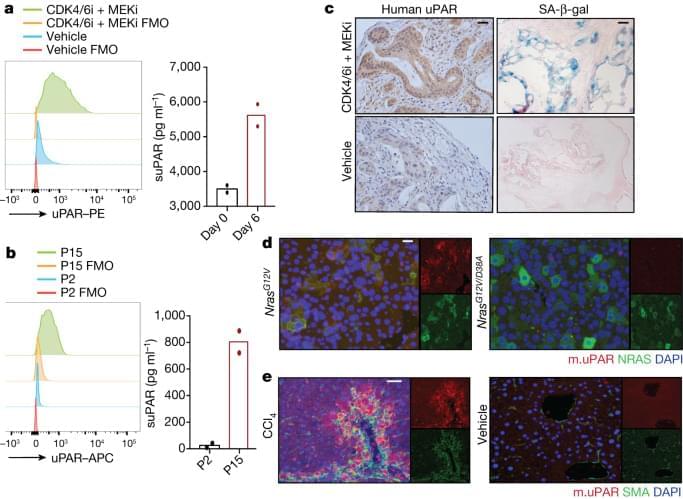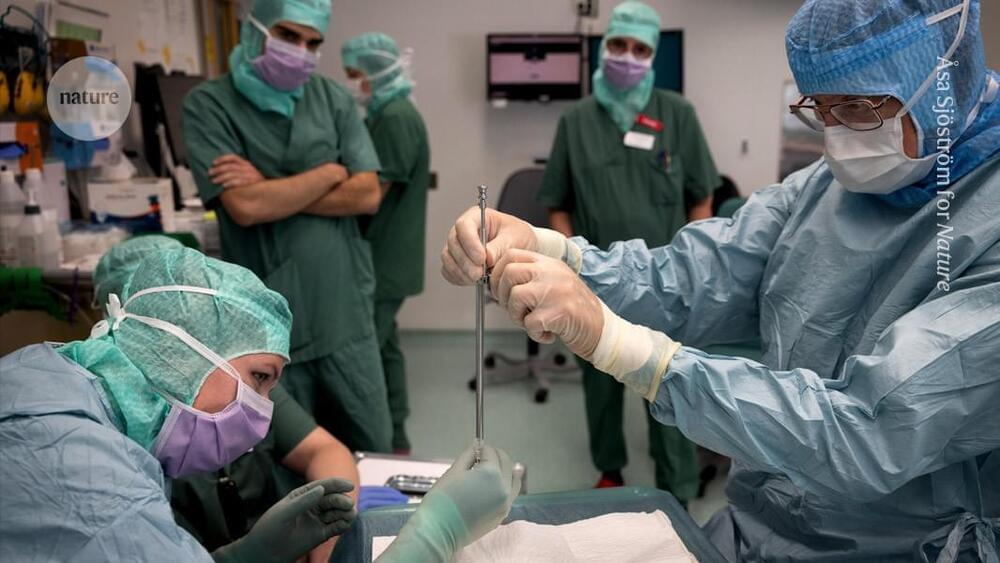An important update on E5.
Here we look at an attempt to replicate the amazing results with E5 from Dr Katcher’s 2020 paper by an institute that has been set up in Brazil.
Some links are affiliate links so we will earn a commission when they are used to purchase products.
If you would like to support our channel please consider joining our patreon / modernhealthspan.
Stemregen 15% discount Code MODERN https://tinyurl.com/45z968yr (Only available in the US)
Renue By Science 10% discount code MHS: https://tinyurl.com/bdew4bfs.
NMN Powder https://tinyurl.com/syc7rwkh.
DoNotAge 10% discount code MHS https://tinyurl.com/6dbvhv87
NMN https://tinyurl.com/wyzj2f3d CaAKG https://tinyurl.com/2h79stt2
Wellness Extract 10% discount Code MODERNWE Geranylgeraniol Essential http://wellnessextract.com/RICHARDWE Delta Gold Vit E
Pendulum 20% Discount Code HEALTHSPAN
Akkermansia https://pendulumtherapeutics.sjv.io/b…
Metabolic Daily https://pendulumtherapeutics.sjv.io/N…
n1o1 Nitric Oxide 10% discount with code Modern https://tinyurl.com/3esakm4s.
n1o1 Nitric Oxide Lozenges https://tinyurl.com/yh4rrtht.
Age-Defiance Face Cream https://tinyurl.com/4zr959zh.
OmegaQuant 5% discount Code MODERN https://omegaquant.com/shop/
Bulletproof 15% off with coupon code: HEALTHSPAN15: https://tinyurl.com/4npjk5vp.
Inner Fuel Gut support https://bulletproof.fdf2.net/PyDKDM
Omega-3 Krill Oil https://bulletproof.fdf2.net/xkdxmy.
Nuchido Time+ 20% discount of first purchase with code MODERN20 https://nuchido.com/MODERN
OneSkin 15% Discount: Code MODERN https://tinyurl.com/3t6tevj8 OS-01 Face Topical Supplement https://tinyurl.com/29c8wrr2
Neurohacker Qualia Senolytic https://tinyurl.com/22t9thrn.
TruDiagnostics 12% Discount Code MODERN TruAGE PACE https://trudiagnostic.pxf.io/oqYVMY
☕If you would like to support our channel, we’d love a coffee…thank you! https://www.buymeacoffee.com/mhealthspan.
⏲️Chapters.
🌐Links in this video.








